Following interview by Yuan Yanwu (袁燕舞) and Yu-hui Liao-Fan.
Yuhui Liao-Fan: What does “photography” mean to you?
Yuan Yanwu: Since I became interested in covering photography report in my early stage of learning journalism, till now I work on arts, to me ‘photography’ has evolved from its original sense; it is becoming an inconclusive concept. I am not sure whether I should still call myself a ‘photographer’, because during my work in recent two years, a ‘camera’ is no longer the precondition for creation. What is relevant to ‘photography’ is the photographs used as the original source (they are not necessarily taken by myself). For example, some times ago I used a digital camera to copy the old photos in my home, now I scan them directly to the computer and do the post production on the screen. When I held my first personal exhibition ‘Youth Self Portraits (part 1)’ in Paris, the post production is all based on photos, i.e. I combine the photographs and post production together; but in current projects, I almost use the ‘Brush’ tool only in Photoshop – I usually create multi layers over the original photo layer, and reproduce it in a way of painting (in a nutshell it is similar to the method of “tracing in black ink over characters printed in red” as a way of learning calligraphy). When the work is finished, I will delete the original photograph layer; that is to say, the final image is like being hand painted with brush completely, and there is no trace of photograph at all. I haven’t got an idea of how to define the work I am doing now. Although the process of ‘photography’ has been omitted from my actual practice, the final work is a creative duplication of the original photograph, and it has an unbreakable relationship with ‘photography’.
Yuhui Liao-Fan: Can you write a biographical introduction?
Yuan Yanwu: I was born in Yansi Town, Huizhou County, Anhui Province in February 1976, which is the current Huangshan city. There is a village named Xixinan 10 km away from Yansi; that is where my childhood memories are stored, till now my grandma still lives in this village. After I was eight I moved to Shanghai to live with my mother’s parents. After I graduated from high school in Shanghai, I studied Journalism and Communications in Nanjing Univeristy from 1994 to 1998, and worked in the photography department of Xinmin Evening News back to Shanghai after graduation. Five years later, which is in 2003, I quitted my job and came to study in France. At first I studied in Institut Français de Presse in Pantheon-Assas Paris II University, then I did Bachelor and Master studies in the Department of Photography in the University of Paris VIII. Now I live and work in Paris. The contrast between my childhood memories in the village and the city life after I was eight; the history of my family; my life experience between the western and eastern culture – all these have immense influence on my work today.
Yuhui Liao-Fan: What is your history as a photographer?
Yuan Yanwu: When I was studying journalism in Nanjing University, we had a course on news photography; at that time internet was not as popular as today, and I was very much attracted by several books translated from the west, which were about the leading figures in photography. All of a sudden I felt that news photography was more real and persuasive than words. Therefore I decided to work as an editor in the photography department of a press after I graduated. In the meantime I also did some interviews on photography; that was my first acquaintance with photography. Gradually I found that news photography was not enough to satisfy my desire of self-expression; at that time I also wanted to study abroad to see the world outside China, thus I chose France, the place of origin of photography. When I studied in the University of Paris VIII where both theory and practice were emphasized, I got to know the history of western photography, photography theories, aesthetic etc. Of course there were also practice on photography techniques and creative work. They all changed my understanding of photography. Possibly like many other students of photography, my works at that time were deeply influenced by the documentary style of School of Dusselfolf (for instance, I like the portrait works of Thomas Struth very much). The very strict techniques of this school (front view, keeping certain distance with the subject, neutral, no emotion at all, etc.) is completed opposite to the attitude of photography reporting in my previous knowledge.
Then I gradually found that this so-called neutrality and objectivity by this school is just a method of expression. To quote the opinion in the book ‘Style Documentary’, ‘documentary’ here is a technique only, a style; it doesn’t represent the true record of the reality, and photographer can even obtain the style he/she wants through dark room and post production. Gradually, my photography practice has been transferred from the previous focus on onsite photography, to the emphasis on post-production. My photography work for Bachelor graduation is called ‘Food’, which is composed of over ten diptychs. On the right are portraits of every single person, and on the left is a dish made of the people photographed. From this work we can find the trace of documentary photography in terms of expression techniques. Meanwhile, I had started to do reproduction by employing post-production techniques, for example, simplifying the background of the portrait, adjusting the colour to make it more balanced, outstanding, and also clearer. The food also renders a very clean and light style after many ‘reproduction’ processes. This work aims to present the relations between food and the existence of human beings, therefore I put them together, and present people and food with the same size and weighting. In my works after that, post production takes up an ever bigger portion.
In ‘Elswhere’, I changed the indoor space of the subject according to my imagination, and did a lot of adjustments to the character. In ‘Double bind’, based on the real figures I created their virtual twin brothers and sisters. All these can be seen as my course of practice in using post-production techniques. In ‘Youth Self Portraits (part 1)’, seven portraits in my childhood were from the old photos in my home; originally they were not portraits but family photos. I can say that since this series, I have begun to search for new direction of creation: memory, time, reality, imagination, truth, fiction, closeness, distance…. Probably to me, ‘photography’ means ‘from the reality’ but ‘exceeds the reality’. ‘Photography’ is not that far from imagination and fiction.
What is quite interesting is that after I studied photography, I began to seek inspiration from modern painting. The theme of my dissertation for master studies is photographic painting – ‘photo painting: from figuration to transfiguration’, the subject of research was not photographers but painters, to be exact those painters who use photographs as ‘models’. The painters of this school can be traced back to the Pop Art in the 50s and 60s in America, with Photorealism as representative (the realism painting of the early Chinese painters who studied in the States, for example Chen Yifei and Chen Danqing, have certain relationship with this school). Then we have Gerard Richter from Europe, and many modern painters who draw based on photos, who draw paintings according to the images downloaded from internet, who paint magazines and screens, etc… indeed there are countless painters. It is fair to say that in recent ten years, figurative paintings have found resource and inspiration from photographs and multi-media techniques, and gained new life. When I came to France in 2003, I visited the exhibition held in Strasbourg Contemporary Art Museum which retrospects the history of photorealism in USA. At that time I was not quite familiar with art genres because I didn’t specialize in art studies, but this exhibition gave me very deep impression, and I didn’t expect that my own work would be impacted by that. Another impressive exhibition was the personal exhibition by David Hokney in the National Portrait Gallery in London. I very much like the colour and the airiness of his works, and also his themes – portraits of his family and friends, the ordinary life scenes… there is a long list of artists. When I travel in Europe and other places, visiting local galleries, art museums is one of my routine assignments.
When I was in China, I focused on journalism, and my job was also in the journalism arena; it was after I came to France that I actually started to work on art. This experience is quite interesting for me to take a look back at the Chinese art as well.
Yuhui Liao-Fan: I have the feeling that more and more young people have heterogeneous formations they might have quite diverged educational backgrounds and experiences and -as a consequence- their professional career starts later, which has a deep impact on their lives. For example in your case you evolved from photojournalism to art, and you also moved to a foreign country. It seems to me this is symptomatic of a trend in all capitalist countries, trend that can have important social implications.What is your point of view about this question?
Yuan Yanwu: My personal feeling is that whether a professional starts his or her career at an early stage is closely linked with their own personality and life experiences. For some people, they got mature thoughts about their career path very earlier on, and they didn’t experience many setbacks, so they start their career very early. But for some people, they become to get clear of what they want to do at a relatively later time. I think the most important thing is that as soon as you set your target, you should be firm and keep moving towards that goal. It’s really nice if you can do just one single thing very well. The trend you have described is very common in the capitalist countries, and I think this is also quite common in modern socialist countries, for example, China. The young people nowadays have a lot of choices; what subject they learn in the university does not have to be a speciality he or she works on for their whole lifetime.
Yuhui Liao-Fan: Can you describe your work? How would you define your photographs?
Yuan Yanwu: I work very slowly, on one hand I am a slow-paced person, on the other I am perfectionist in terms of work. If there is no deadline I might never be able to finish ever. I am not sure how my works should be categorized. From the visual perspective, they are more aligned to the photorealism in painting (the difference is that I use computer to paint). Also there are many people think they belong to Pop Art. In terms of theme, my works bear relatively strong autobiographical sense. I spend most of my time in front of the computer screen; this is a much enclosed work style, a bit like writers. My source comes from the existing photos; when I choose from them, usually it is those amateur, imperfect photos that give me inspirations and surprise. After they are re-produced, those imperfections become the highlights. This is very common in my current series.
I think it is a bit early to define my works, because it has been just over two years to devote myself in art works. What I present now is only the above water part of the iceberg. I think to define the works of an artist, you can’t just view the beginning; rather, you should look at the entire course, including his or her life. Plus, definition is usually done by others.
Yuhui Liao-Fan: Can you say a few words about your technique?
Yuan Yanwu: As I have mentioned earlier, questions like the type of camera, techniques and skills etc. are not quite important in my current work; what’s more important is post-production. Thus, what matters more is the computer screen, Palette Graphics and final output. Simply speaking, the main technique I use is to draw on the screen with brush tool, and the colour of each stroke comes from the colour sample corresponding to the original photograph. Then I choose the parameter of brush, it’s just like painting, only with photographs as references for duplication. I use the imac workstation which specializes in graphic processing with a super large screen (I can only use the computer but I don’t know much about it, and I can’t remember the model and size either), and WACOM graphic tablet and pen.
Yuhui Liao-Fan: Does the technical aspects that you mentioned are important or what really matters is only the final result?
Yuan Yanwu: Of course techniques and skills take up a certain proportion, for example, without the super-size and high pixel screen, without the graphic pen, I cannot do any work at all, and probably I wouldn’t be able to present the style as you see now. If I hadn’t been using the brush tool to process photographs for a long time, I wouldn’t be able to paint with it like this. Although it is a virtual tool, it does have differences in terms of speed, weight and style. In the beginning I couldn’t even draw a straight line, let alone draw a photograph with it. However, if the work itself is vague and the message it delivers (i.e. the content) is absent, it doesn’t mean anything to copy a photograph only.
Yuhui Liao-Fan: What do you like and dislike in the contemporary Chinese photography?
Yuan Yanwu: I like the boldness and dynamic of the contemporary photography in China1, also the richness of imagination, experiment in techniques and huge potential. But what I don’t like is sometimes it is quite utilitarian and money-driven.
Yuhui Liao-Fan: Do you have a wish or a photographic dream, concerning yourself as well as the contemporary Chinese photography?
Yuan Yanwu: As I have mentioned previously, my works are autobiographical in nature, and I hope they can be accepted by the international community.
I think artists are free from restrictions of nationality. No matter what is expressed in his or her works, he or she is representing something common of the entire human being.
Yuhui Liao-Fan: Do you think is fundamental to live in a big and important city, or -for example thanks to Internet- the city in which you live is no longer a contraint?
Yuan Yanwu: Firstly it depends on what type of photography career we are talking about. If it has an intimate relationship with the objective world, the role of geographic location can’t be neglected. But if it is pure artistic creation, I think in modern world today, the photographers/artists can live in any places on the earth, as long as they can keep in touch with the outside world in time (via internet, mobile phone, etc.); also they can walk around when necessary. I think this might also be the way of life for most artists today.
Yuhui Liao-Fan: Do you think it’s important to have a blog or a website or a blog? Is it is essential to have it translated into various languages? How the Internet contributes to the spread contemporary photography?
Yuan Yanwu: I don’t have a blog; I only have a personal website. I think no matter what kind of media we are using, the accessibility of your work on internet is rather important. English is the Global Language, so I think English is enough if it is not targeted at specific audience. In my opinion, internet plays a key role in facilitating the communication between the photography world in China and that of the west. In particular, via internet we can access a lot of information in China: exhibition information, critiques, personal websites of western photographers, blogs, etc., and vice versa: it is the same case with western photography world.
Yuhui Liao-Fan: How would you describe the artistic and photographic scene in China? Is it that there are often exhibitions, festivals, events, etc.? What about commercial photography?
Yuan Yanwu: During these years when I am abroad, the information I have received about art world and photography community of contemporary China (mainly art world) is mostly from Europe, which means, an inarguable fact is that Chinese artists are receiving more and more attention in the international community. There has been a rapid development of the domestic art circle (including painter village, artist camps, etc.) and art market (galleries, art centres, etc.). In Beijing there are Song Zhuang, 798, Caochangdi etc.; in Shanghai there are art studio in Taixing Road, Moganshan Creativity campus, the art street of Duolun Road, art galleries residing in the Bund area, and emerging exhibition centres and art centres etc.
Regarding the relationship between art world and business community, these two circles have complicated and intertwined connection, no matter where you are and what time you are in. Art cannot be developed without the commercial world, and nowadays art now increasingly becomes part of the business community.
I also want to add one point, which actually has nothing to do with the art and photography world – the commercial photo studio in China (artistic portrait, wedding photography) is a unique phenomenon that doesn’t actually exist in the west; it should be quite interesting if we research on that.
Yuhui Liao-Fan: What are your sources of reference for contemporary photography in China?
Yuan Yanwu: On my bookshelf there are ‘The Art History of China in 20th Century’ published by Peking University Press, ‘Black White Grey, A, Conscious Cultural Stance’ published by Hunan Fine Arts Press.
Last year when I went back to China, I found several quite good magazines, which are very helpful for understanding China’s contemporary art. For example, Art China, LEAP – The Bilingual art magazine of contemporary art, Art Map, Art Today, Hi Art, etc.
There should be a lot of blogs, but I have not been familiar enough to make any recommendations.
Yuhui Liao-Fan: Can you tell some names of Chinese photographers that you particularly like and why?
Yuan Yanwu: Lang Jingshan. The reason is because his works will withstand the test of time.
Please visit Yuan Yanwu website for more information and photographic painting.
- Here I need to clarify that when talking about the contemporary photography in China, I mostly refer to the photography that belongs to art category. [↩]

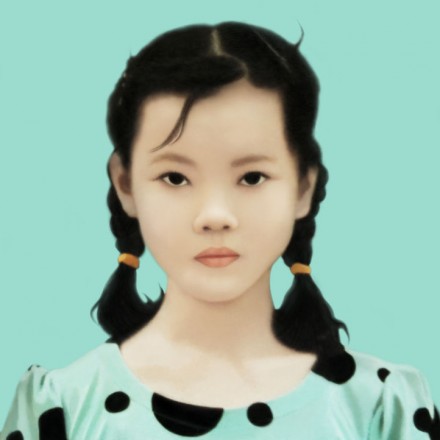
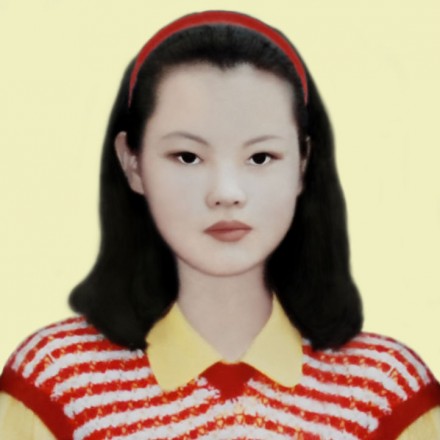
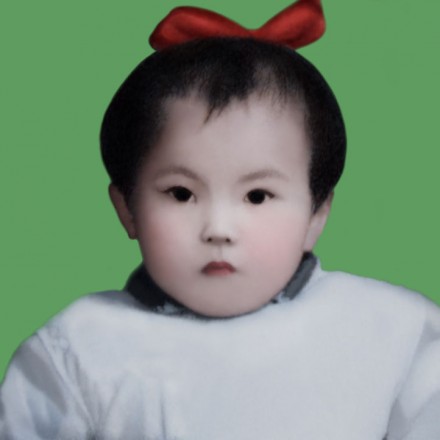
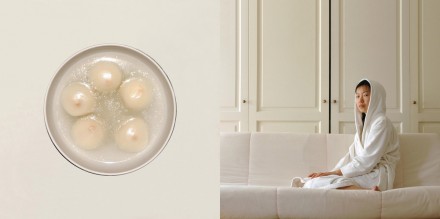
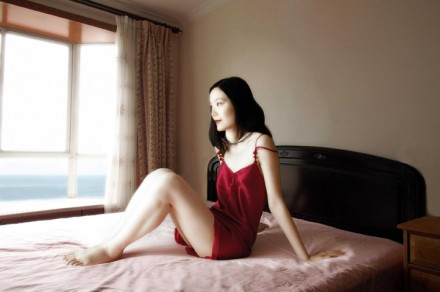
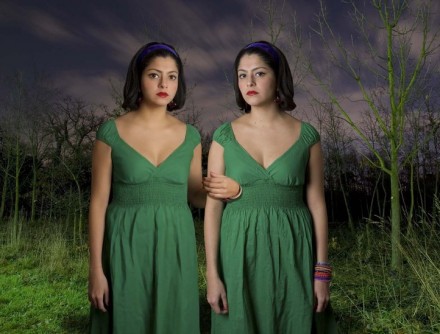
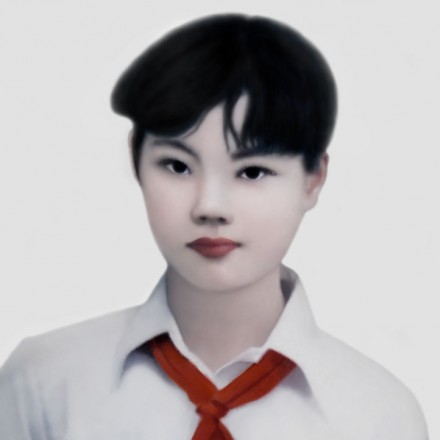
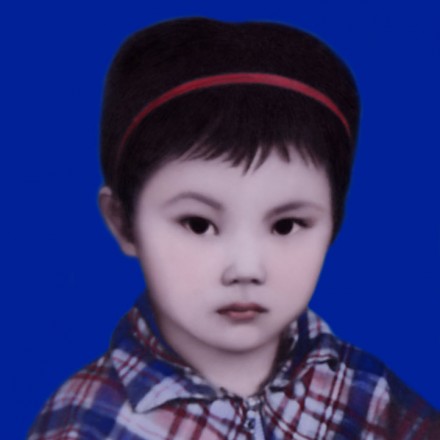
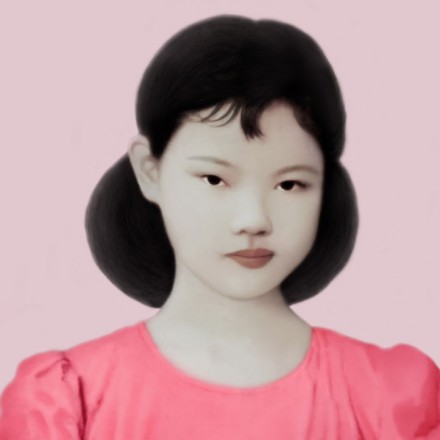
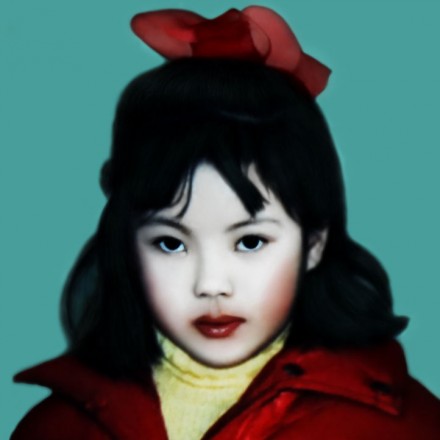
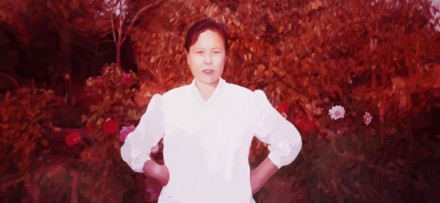
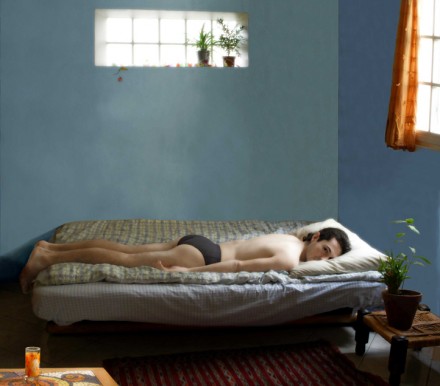
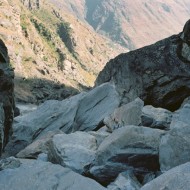
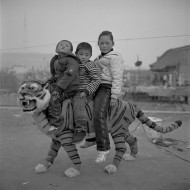
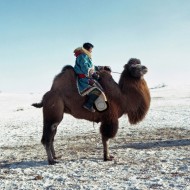
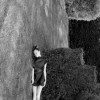
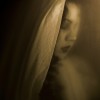
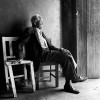
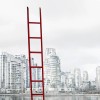
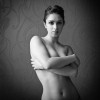
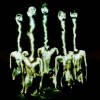
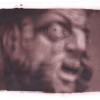
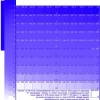
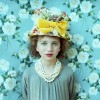
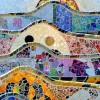
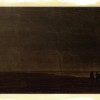
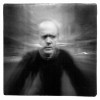
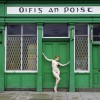
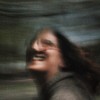
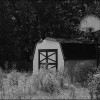
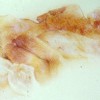
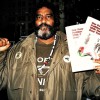
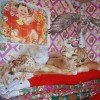
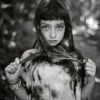
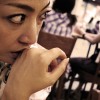
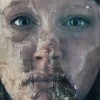
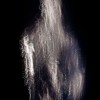
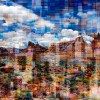
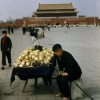
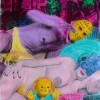
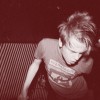





You can also subscribe to this post comments RSS feed.